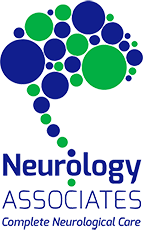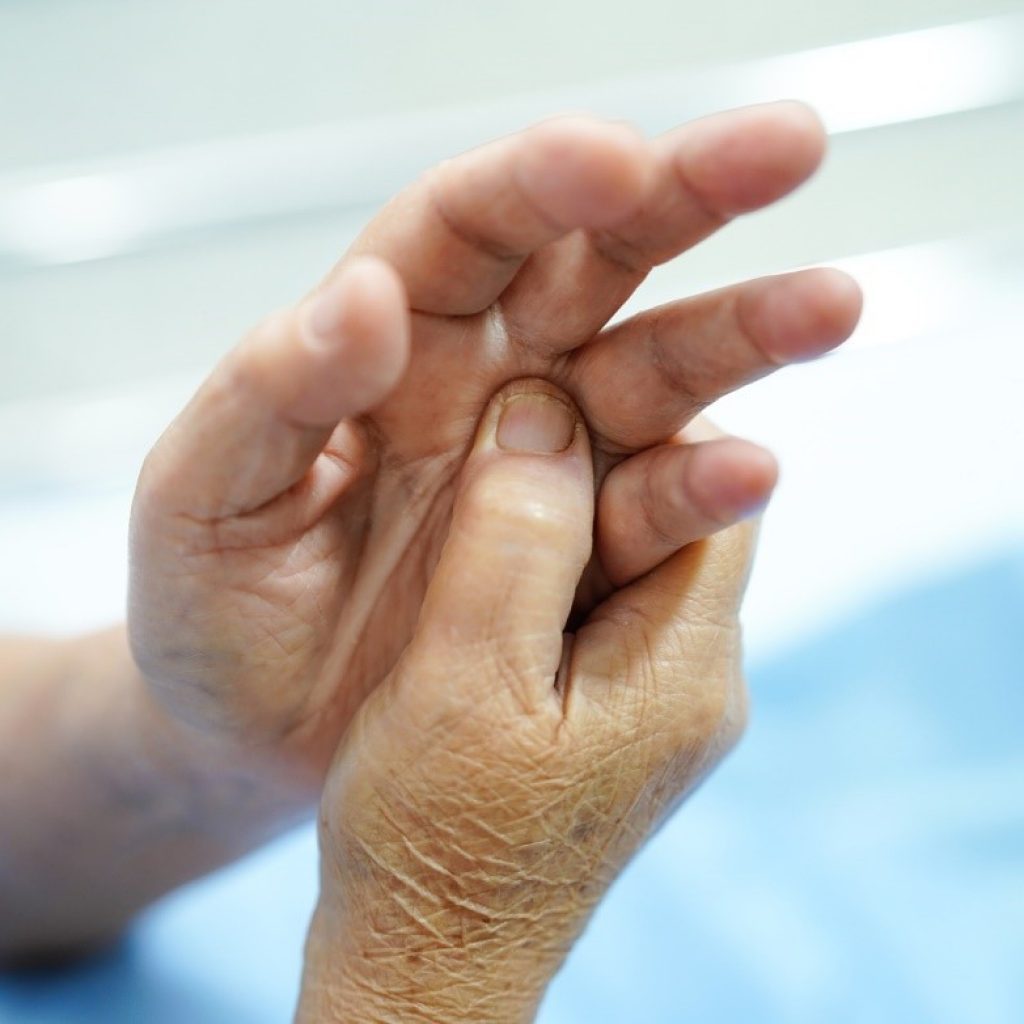Myopathy: Signs, Symptoms, And When To See A Neurologist
Myopathies are defined as diseases of skeletal muscle and can have many causes. These myopathies are neuromuscular disorders in which the primary symptom is muscle weakness due to dysfunction of muscle fiber. Other symptoms of myopathy can include muscle cramps, stiffness, and spasm. Myopathies can be inherited (such as muscle dystrophies) or acquired (such as common muscle cramps). There is no one cure for myopathy. The prognosis for patients varies from having no disability to severe disability, or evening causing death.
Treatment of myopathy is typically multi-disciplinary and depends on the type you are suffering from. Diagnosis of any myopathy requires a neurologic history and examination. Early detection by a Dulles neurologist like Dr. Sarbjot Dulai, is crucial to begin a specialized treatment for your health.
Types of Myopathies
Inherited myopathy – Inherited myopathies are caused by mutations, or changes, in genes—the blueprints for making proteins that are necessary for our bodies to function correctly.
Endocrine myopathy – Symptoms of endocrine myopathies include weakness and atrophy (shrinking) of the muscles around the shoulders and hips, muscle stiffness, cramps, slowed reflexes, and in severe cases, muscle breakdown. This type is usually triggered by under or over productions of hormones.
Inflammatory myopathy – The inflammatory myopathies are a group of diseases, with no known cause, that involve muscle inflammation accompanied by muscle weakness. The three main types of chronic inflammatory myopathy are polymyositis, dermatomyositis, and inclusion body myositis (IBM).
Toxic myopathy – can be caused by many drugs and toxins. Cholesterol lowering medications, particularly the “statins”, may be the most commonly prescribed drugs that can cause a toxic myopathy. Symptoms of weakness and pain often develop over a short period of time.
Symptoms of Myopathy
The symptoms for myopathy can vary greatly and depend on the type of myopathy. Most myopathies manifest in skeletal muscle weakness as the defining symptom. However, symptoms can include:
- Cramps
- Weakness
- Tenderness
- Pain
- Aching
- Stiffness
- Tightness
In most types of myopathy, the weakness is felt in the upper arms, pelvis, shoulders and thighs. However, there are exceptions, the hands and feet may start experiencing weakness and stiffness as well. If you or a loved one are experiencing any of these symptoms consult with Leesburg neurologist Dr. Dulai. It is important to detect myopathy as early as possible so that your doctor can find the best treatment plan for you or your loved one.
Diagnosis and Treatment
Diagnosis of myopathies requires a neurologic history and examination. Laboratory tests are used to measure the enzymes of the muscles and look for associated systemic disorders. Most often a muscle biopsy is required for testing. The muscle biopsies are carefully prepared and undergo extensive analysis.
Once a diagnosis of myopathy is made, treatment is usually multi-disciplinary and depends on the type of myopathy. Certain types of myopathies can be treated with immune suppressant agents. Most require the use of supportive services such as physical and occupational therapy, pulmonary medicine, cardiology, and dietary management. Unfortunately, myopathy usually ends up being a chronic disease that has to be managed.
Consult a Neurologist for Myopathy
As a trusted neurologist in Leesburg Virginia, Dr. Dulai understands myopathies and will guide you or a loved one from diagnosis to treatment. You can call Neurology Associates at (703) 726-6393 to schedule a consultation.







